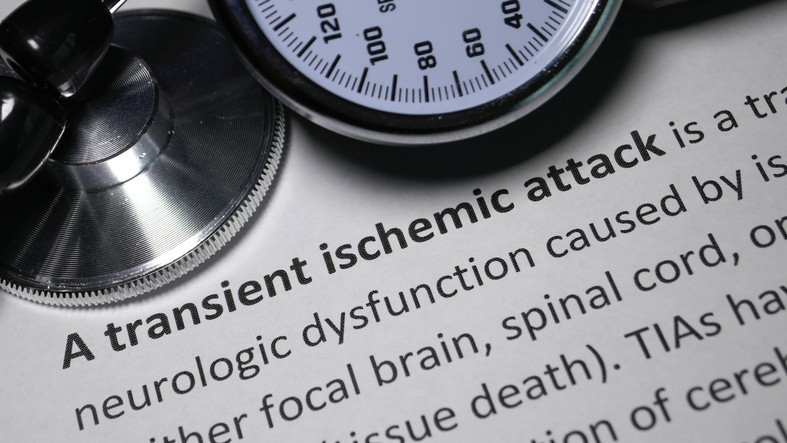
5 timeless habits for better health

What are the symptoms of prostate cancer?

Is your breakfast cereal healthy?

When pain signals an emergency: Symptoms you should never ignore

Does exercise give you energy?

Acupuncture for pain relief: How it works and what to expect

How to avoid jet lag: Tips for staying alert when you travel

Biofeedback therapy: How it works and how it can help relieve pain

Best vitamins and minerals for energy

Should you take probiotics with antibiotics?
Neurological Conditions Archive
Articles
Struggling with migraine hangovers? Read this
Migraines can last hours or days and span several distinct phases. A post-headache phase leaves as many as four out of five migraine sufferers feeling like they have a hangover. Experts recommend different approaches to help ward off lingering symptoms depending on their intensity.
Study links common virus to MS
A 2022 Harvard study suggests that an Epstein-Barr virus infection, the most common cause of mononucleosis, may trigger multiple sclerosis (MS) in some people.
A common virus may be one contributing cause of multiple sclerosis
The vast majority of diseases do not have a single cause; rather, multiple factors combine to cause a disease. Growing evidence suggests that several viruses may be triggers of multiple sclerosis, and a long-term study found evidence that an infection with a common virus can be an important contributing factor in MS.
Can ALS be caused by traumatic brain injury?
Though decades of research have suggested risk factors for amyotrophic lateral sclerosis, a specific cause remains unknown. New research studied professional football players and found that they had a much higher risk of developing ALS than men in the general population, though the study was only observational.
Transient ischemic attacks: Varied symptoms, all important
How is treatment for myasthenia gravis evolving?
Myasthenia gravis (MG) is a rare neuromuscular disease that impairs the transmission of nerve signals to muscles, causing temporary weakness of affected muscles. While treatment is complex, recently updated guidelines have added to the understanding of MG and are improving approaches to treatment.
What is COVID-19 brain fog — and how can you clear it?
We’ve all experienced the feeling of sluggish, fuzzy thinking and a lack of sharpness, possibly caused by an illness or a medication. But what if that feeling didn’t go away and your thinking didn’t return to normal? That’s the situation for some people who have recovered from COVID-19, and there can be long-term effects on other organs as well.
The hidden long-term cognitive effects of COVID-19
it is becoming increasingly clear that COVID-19 affects the nervous system along with the respiratory system. Research is suggesting that this may result in long-term neurologic damage in those who survive a COVID infection, including evidence of effects on cognitive function.
Treating neuropathy: Which medication is best?
Millions of people suffer from the burning, tingling, and numbness of a form of neuropathy called idiopathic sensory polyneuropathy. A recent study directly comparing four medications produced disappointing results, but is a step in the right direction.
How to recognize a ministroke or stroke — and what to do
A transient ischemic attack (TIA), or ministroke, is caused by a temporary lack of blood in part of the brain, usually from a clot. The fleeting symptoms of a TIA can be a warning of risk for an imminent, more serious stroke. In the event of a stroke, getting help immediately is crucial, and knowing the signs will make that more likely.

5 timeless habits for better health

What are the symptoms of prostate cancer?

Is your breakfast cereal healthy?

When pain signals an emergency: Symptoms you should never ignore

Does exercise give you energy?

Acupuncture for pain relief: How it works and what to expect

How to avoid jet lag: Tips for staying alert when you travel

Biofeedback therapy: How it works and how it can help relieve pain

Best vitamins and minerals for energy

Should you take probiotics with antibiotics?
Free Healthbeat Signup
Get the latest in health news delivered to your inbox!
Sign Up











